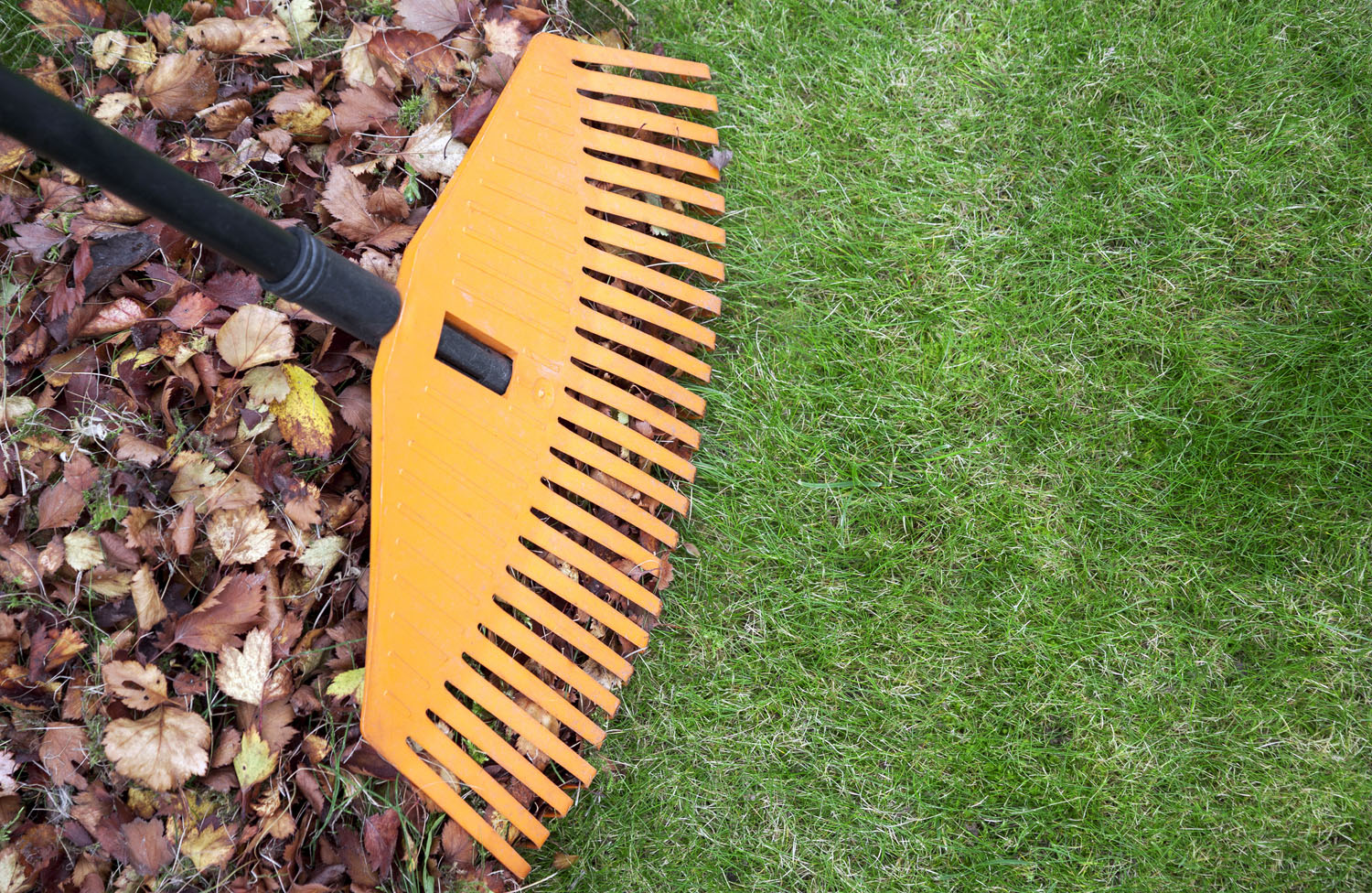Not everyone enjoys the fall season when it is time to clean up after the tree shed their leaves. The bright side of this annual marathon is, it is not necessary at all. This task, based solely on aesthetics, and not science, is a waste of time and effort on all of our parts here in Ottawa. Studies have shown and proven that letting the leaves decay naturally is best for the lawn. If you want, you can mow your lawn, which cuts the leaves up so they can decay faster. In cases where leaves cover the ground, that surrounds your perennials, the leaves do not choke or smother these plants after all.
Several Universities, outside of Ottawa, have arrived at the conclusion that leaves provide needed nutrients and other organic matter that support grass health instead of the opposite. A study performed at Michigan State ran a mower, adjusted to a three-inch high cut, over test plots designed to represent 450lbs of leaves for every one thousand square feet, which resulted in an improved health of the soil and the grass.
What this means is, using a similar height adjustment on your own mower you can achieve the same outcome. Accordingly, just keep mowing your lawn once every seven days during the fall season as long as the weather permits.
Construct Planting Beds using Leaves
Wherever you have open dirt around plants and trees you can feed them with putting a layer of leaves in and around them. Do so provides the organic matter all your plants are looking for in the soil. Using the shredded around trees protects the roots from both heat and cold in addition to retaining moisture in the soil, which helps during the periodic dry seasons we experience here in Ottawa. As an example, you can build planting beds that would naturally catch the leaves preventing the need to rake at all.
The Fiscal Irresponsibility of It All in Ottawa
A community that cleans up neighbourhood streets, treating leaves as trash, is wasting taxpayer money. What happens, because the community insists on the residence pushing their yard leaves into the street for collection, they tend to overlook that when the leaves are washed into the catch basins from rain. They decompose and release nitrogen, and phosphorus in the ground water, rivers, and streams that eventually contributes to the growth of algae lowering oxygen levels in the summer months of the following season, resulting in making life difficult for fish and other aquatic life. The communities that do this spend needlessly on their efforts to keep up an appearance that actually harms the environment. This behoves us all to make the leaves work for us not against.
Leaves Provide a Free Source of Fertilizer
The above scenario takes us to this next point, using leaves as a natural fertilizer. The amount of effort to do this is minimal at best. There are at least two different methods that work for this fashion. While these methods do involve raking it serves a higher purpose above treating them as trash in Ottawa.
-
Build wire bins, three to four foot square and collect the leaves there in the fall. Add water, (twenty to thirty gallons), some extra soil and you will have sped up the decomposition process. In the spring, merely remove the wire bin and spread leaves among your flower beds and trees along with about one-inch of fresh mulch.
-
This method takes raking leaves into empty beds and shredding them with a mower. Next use 5-10-5 fertilizer to fill a one-pound coffee can and spread it over the leaves. This is enough to cover one hundred square feet of ground. Next, turn the leaves using water to help disseminate the fertilizer this shortens the decay time. When spring arrives in Ottawa, you are ready to plant.
Are you worried about the quality of your soil? Discover these Ottawa compost and septic specialists:
[columns ]
[column size=”1/3″]
Épursol
Compostage Gatineau[/column]
[column size=”1/3″]47, rue Albert-Ferland
Chénéville (Québec) J0V 1E0
819-428-1777 ou 1-877-580-1777
[/column]
[column size=”1/3″]View Map[/column]
[/columns]











